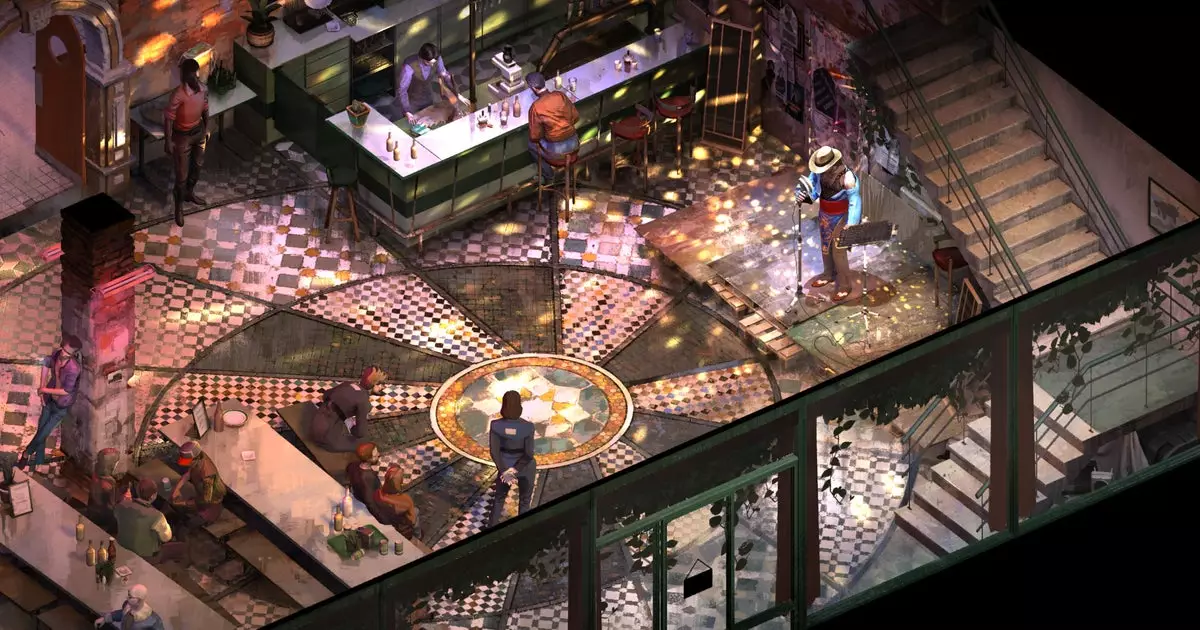The recent events surrounding Disco Elysium studio ZA/UM have sparked controversy and criticism within the gaming community. The cancellation of the standalone expansion, X7, raised questions about the future of the studio and the treatment of its employees. PC Gamer’s report shed light on the circumstances leading up to the layoffs and the alleged “humiliation campaign” against writer Argo Tuulik.
The departure of key creative talent, including setting creator Robert Kurvitz, marked a tumultuous period for ZA/UM. Insults, allegations of fraud, and internal conflicts added to the chaos within the studio. The cancellation of a full sequel to Disco Elysium and the pause of an unrelated sci-fi RPG further fueled speculation about the studio’s direction.
Following the cancellation of X7, nearly a quarter of the studio’s staff were laid off, including lead writer Argo Tuulik. The alleged resentment towards Tuulik for his growing popularity among fans led to a “humiliation campaign” orchestrated by studio executives. Tuulik was demoted, undermined, and made to doubt his abilities, according to former colleague Dora Klindžić.
Former employees, such as Klindžić, shared their disillusionment with the studio’s handling of the situation. Klindžić, who left a career in academia to work on the sequel to Disco Elysium, expressed regret over the lack of transparency and support from studio management. The X7 project, which could have been released in 2025, was marred by internal conflicts and mismanagement.
The controversy surrounding ZA/UM and the treatment of its employees raise larger questions about the gaming industry’s labor practices and corporate culture. The contrast between the critical acclaim of Disco Elysium and the internal turmoil at the studio highlights the disconnect between artistic success and ethical responsibility. The need for greater accountability and transparency within game development companies is evident in light of these events.
The issues faced by ZA/UM serve as a cautionary tale for the gaming industry as a whole. The mistreatment of employees, the lack of communication, and the internal conflicts at the studio reflect larger systemic issues within the industry. It is essential for companies to prioritize the well-being of their employees and foster a culture of respect and transparency to avoid similar controversies in the future. As players, we must hold developers and studios accountable for their actions and support initiatives that promote a more ethical and sustainable gaming ecosystem.


Leave a Reply
You must be logged in to post a comment.